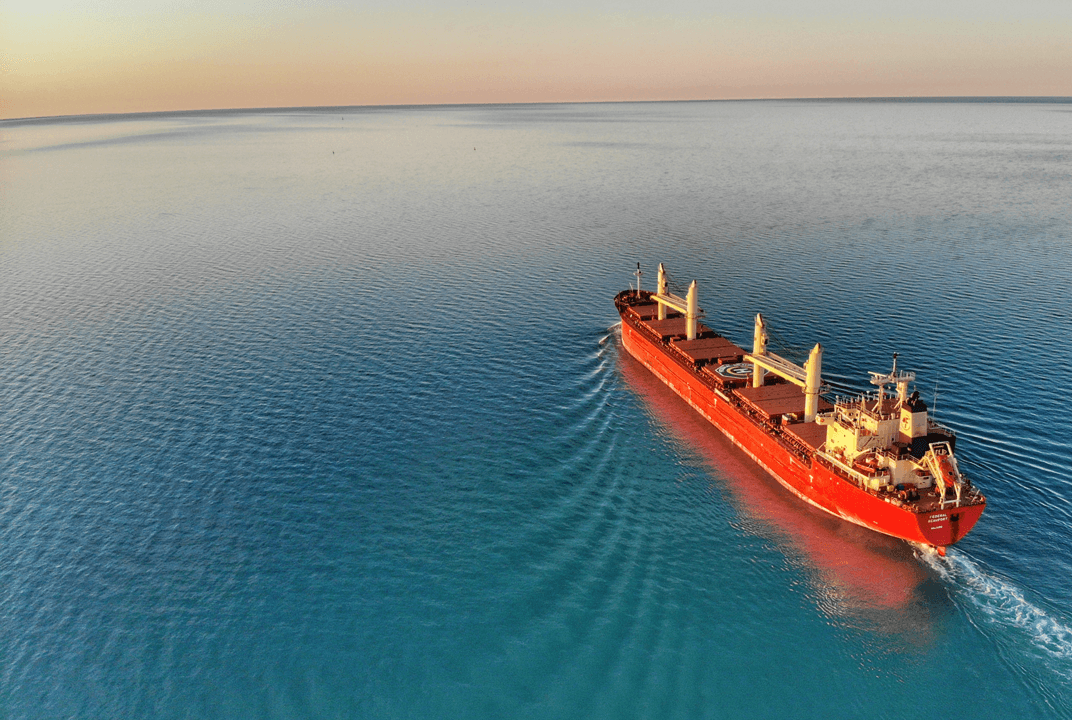sea-care working group to look beyond ‘top-level’ data for more holistic understanding of maritime safety
Maritime
Participants of third SEA-CARE meeting agreed that specific datasets including crew welfare survey results could complement Inmarsat’s GMDSS data to provide more complete picture of safety at sea.
The SEA-CARE working group concluded its third session in February by confirming commitments to share key data to secure common objectives.
Highlighting a need to look beyond ‘top-level’ data to pinpoint the root causes of casualties, attendees discussed specific datasets that could enrich findings drawn from Inmarsat’s Global Maritime Distress and Safety System (GMDSS) distress alert data. Crew welfare surveys, for example, offered a precious resource for developing a more holistic understanding of maritime safety, members agreed.
SEA-CARE is an industry working group launched last year by Maritime London and Inmarsat Maritime, a Viasat company, to improve safety standards across global shipping.
“If we look at safety data as a pyramid, what we report on at the top is the number of distress calls, but when we come down the pyramid, we get to the root causes of those top-level issues,” commented Peter Broadhurst, co-chair of SEA-CARE and Vice President of Safety & Regulatory at Inmarsat Maritime. “Using other datasets to derive a more complete picture of what’s behind the problems at the top could be key to effecting real change and reducing the frequency of serious incidents at sea.”
Several participants agreed to share data from their own organisations – including Andrew Bell, a member of the CHIRP Maritime Advisory Board; Steven Jones, founder of the Seafarers Happiness Index; and Lydia Ferrad, International Transport Workers’ Federation (ITF) Accredited Representative to the IMO.
CHIRP – Confidential Human Factors Incident Reporting Programme – owns and operates a reporting system for incident and near-miss data that participants agreed could help to determine the underlying safety deficiencies behind the consistently high distress call figures reported by Inmarsat. There was also consensus that data from the Seafarers Happiness Index and surveys conducted by ITF would provide invaluable insight into the crew welfare-related issues that may influence the frequency of marine casualties.
“It has long been Inmarsat’s ambition to gather more datasets outside of pure GMDSS data to supplement its reports and create a more holistic outlook of safety in the maritime sector,” said Jos Standerwick, co-chair of SEA-CARE and CEO of Maritime London. “If we combine the data that Inmarsat receives regarding distress calls with information on the nature of casualties from CHIRP and on seafarers’ lived experience from the Seafarers Happiness Index and ITF surveys, it could go a long way to helping us achieve our common goal.”
Further information
About Maritime London
Maritime London is the industry-led body representing maritime professional services in the UK. Funded by companies and organisations from a wide range of disciplines, Maritime London works to ensure that the UK remains a world-beating location to base maritime related business and to conduct maritime trade.
Maritime London’s vision is to maintain and enhance the UK’s primacy as the world’s leading provider of maritime professional services.
About Inmarsat Maritime
Inmarsat Maritime is a Viasat company and continues to power the digitalisation of the maritime industry. With over 40 years of experience, Inmarsat Maritime offers reliable and innovative solutions that enable ship owners and operators to stay connected, navigate safely, enhance operational efficiency, and ensure crew welfare.
Viasat is a global communications company that believes everyone and everything in the world can be connected. With offices in 24 countries around the world, our mission shapes how consumers, businesses, governments and militaries around the world communicate and connect. Viasat is developing the ultimate global communications network to power high-quality, reliable, secure, affordable, fast connections to positively impact people's lives anywhere they are - on the ground, in the air or at sea, while building a sustainable future in space. In May 2023, Viasat completed its acquisition of Inmarsat, combining the teams, technologies and resources of the two companies to create a new global communications partner.
Learn more at www.viasat.com, the Viasat News Room, or follow us on LinkedIn, X, Instagram, Facebook, Bluesky, Threads, and YouTube.
Inmarsat Maritime is based in Viasat’s global international business headquarters in London, United Kingdom. For further information about Inmarsat Maritime, visit Inmarsat.com/maritime and follow us on Linkedin.

